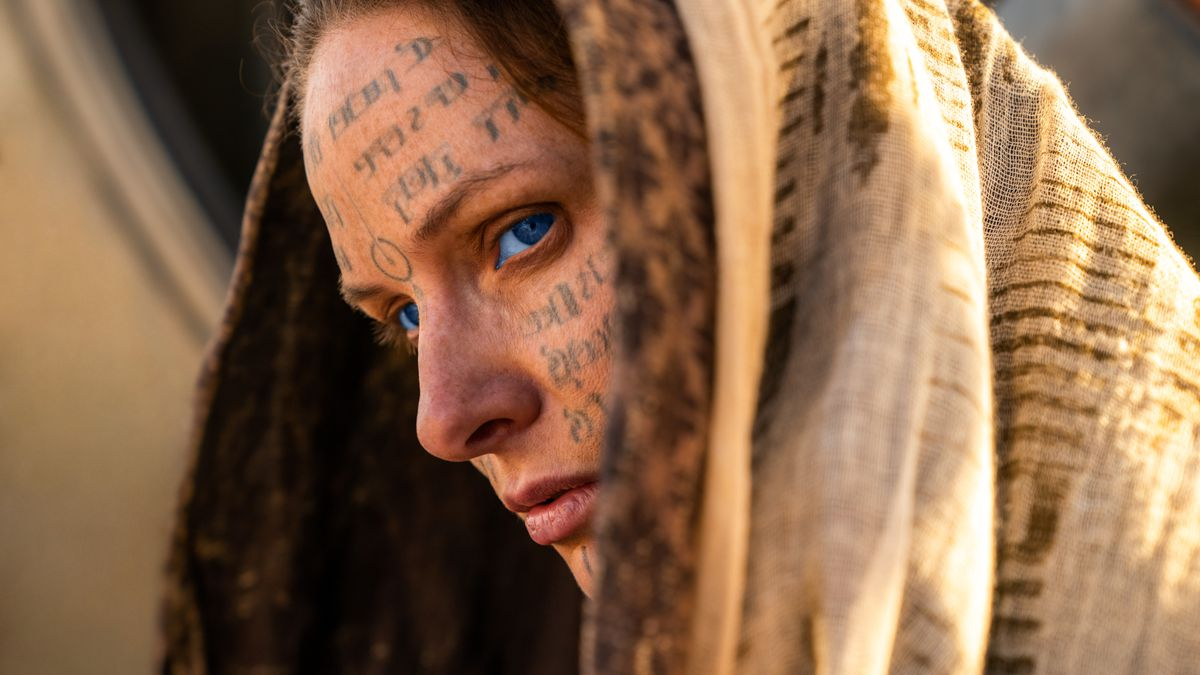Denis Villeneuve Is Wrong for Exactly the Right Reasons

Before Dune: Part Two‘s release last weekend, director Denis Villeneuve made a controversial statement.
Speaking to The Times of London (as reported by Deadline), the filmmaker denounced dialogue in film.
“Frankly, I hate dialogue,” Villeneuve said. “Dialogue is for theatre and television. I don’t remember movies because of a good line, I remember movies because of a strong image. I’m not interested in dialogue at all. Pure image and sound, that is the power of cinema, but it is something not obvious when you watch movies today.”
It’s a surprising thing to say, and sometimes it’s hard to glean the full context of a quote from an interview. Nevertheless, for Villeneuve to say that he hates dialogue reveals a lot about his filmmaking style. Whether or not you think his opinion of dialogue is reasonable (I don’t), it points to what makes him such an incredible filmmaker.
Villeneuve’s Dune films contain countless moments that are visually stunning—in other words, moments that capture Villeneuve’s love of “pure image and sound.” I could write a whole article about the spaceships alone. There’s the ship on Paul Atreides’ (Timothée Chalamet) homeworld rising from the water as Paul looks on. There’s the ship in orbit over Arrakis, huge and uncanny in its futurism, and the Bene Gesserit’s ship blinding Paul and Jessica (Rebecca Ferguson) as they watch it from the ground. And who can forget the Emperor’s (Christopher Walken) ship during the climactic battle between the Sardaukar, the Harkonnens, and the Fremen?
Watching the Dune films feels like watching painting after painting. The vast landscapes of Arrakis. The black sun of the Harkonnen homeworld. It’s all so gorgeous! But Villeneuve’s visual sense isn’t just about pretty pictures. Earlier, I wrote about one shot in Dune: Part Two that stuck with me after I left the theater: the moment when you suddenly see a strange detail in the sandworm’s body while Paul is struggling to ride it. The moment demonstrates how a filmmaker can tell a taut, compelling story with no words.
So, yeah, what Villeneuve said about dialogue is an oversimplication of what film, TV, and theater can do. Even if you don’t agree with him, you can appreciate the sensibility his opinion stems from.
And for the record? If Denis Villeneuve ever makes a film with no dialogue, I’ll be the first in the theater.
Have a tip we should know? [email protected]
